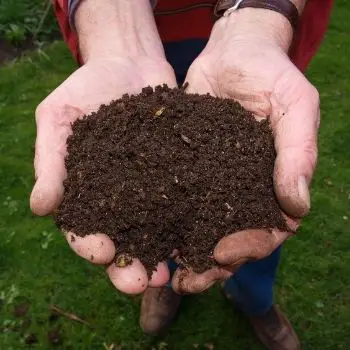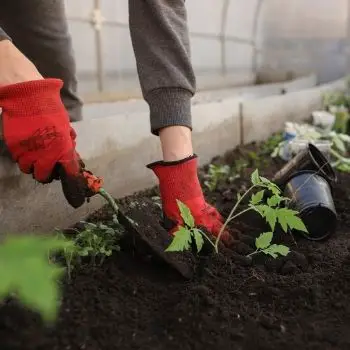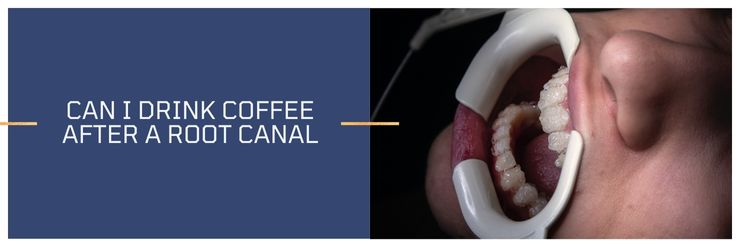If you are a coffee enthusiast, you have what it takes to keep your tomato plants healthy and well developed. Like most gardeners, you probably encounter numerous challenges and worries when maintaining your tomato plants.
While you may have heard about using coffee grounds in your garden, you are probably wondering, “Do tomatoes like coffee grounds?“
Coffee grounds are a rich source of nutrients like nitrogen, and they are a common compost material that is beneficial for tomato plants. Although there is limited research on this, most gardeners swear by this approach to boost the growth of their plants.
In this article, you will learn how coffee grounds can be used for your tomato plants and how often you should do this.
Are Coffee Grounds and Eggshells Good for Tomato Plants?
What is the verdict, do tomatoes like coffee grounds and even eggshells? Both coffee grounds and eggshells can be expected on your breakfast table, but are they really good for tomato plants? Well, these two products can be beneficial to gardeners since they are packed with powerful nutrients that can boost the health and growth of your tomato plants.
You might also be interested in knowing what other plants like coffee grounds – find out more through the link.
How Coffee Ground Benefit Tomato Plants
It’s sometimes difficult to know what to do with coffee grounds as you can’t just throw them down the sink, therefore coffee grounds can build up over time but there are some great uses for them – using them on tomato plants is just one of many different uses for them. Let’s take a quick look at what benefits they offer to tomato plants.
- Soil Acidity
Since tomatoes love acid, adding coffee grounds to the soil can lower the PH and make it more acidic, leading to the growth and development of tomato plants. However, this will only apply if the coffee grounds have not been used; otherwise, they will be neutral.
- Compost
Another benefit is that coffee grounds can be added to compost. This way coffee grounds can benefit tomato plants is by adding nitrogen into your compost. Coffee grounds are a rich source of nitrogen, and your plants will help when you mix the compost with the soil

- Nitrogen-Rich Fertilizer
Similarly, you can put coffee grounds in your garden to provide your tomato plants with the necessary nitrogen. Coffee grounds are packed with significant nitrogen content that can improve soil fertility, leading to plant growth.
How Egg Shells Benefit Tomato Plants
- Reduces the Likelihood of Blossom End Rot
Blossom end rot is a common problem among tomato growers, wherein the top part of the tomato plant roots turns black because of excess moisture. Eggshells are a rich source of calcium, which helps regulate the water supply in these plants.
- Prevent Snails and Snugs
Garden snails and slugs feed on nearly everything, and your tomato plants are not exempted. Since eggshells are abrasive, adding them to the soil will deter snails and slugs.
How Often Should I Put Coffee Grounds on My Tomato Plants?
It is a good idea to add the coffee grounds to your topsoil a few times a week, depending on the size of the garden. You can use about 1-1/2 to 2 scoops of ground weekly for every two to three tomato plants.
A common question for most gardeners is how much is too much when putting coffee grounds on tomato plants. While adding coffee beans to your tomato plants can be beneficial, you don’t want to overdo it. Otherwise, using too many coffee grounds will make the soil overly acidic, which may not suit your tomato plants.
Adding too many coffee grounds directly to the soil can cause them to pile up, creating a water-resistant barrier. Instead, you can choose to make a liquid fertilizer by mixing two cups of used coffee grounds with a five-gallon bucket of water. Let it sit overnight or for a few hours, and use the tea on your tomato plants.

If you prefer to add coffee grounds to the compost bin, ensure that it is no more than 20% of the entire material. You can add a decent amount of coffee grounds to your worm bin to feed the earthworms in your soil. A cup of coffee grounds every week is ideal if you have a small worm bin.
However, if you don’t notice many results, you can always adjust with time and add more coffee grounds. Sprinkle coffee base around the base of your tomato plants before topping with 2 to 3 inches of organic mulch.
If you grow your tomatoes in a container, mix one part of the coffee grounds with one part of the soil. According to the University of Florida extension, there is a need to amend the soil with coffee grounds and other organic matter twice a year.
What Kind of Soil Do Tomatoes Like to Grow In?
Like any garden plant, there is a need to grow your tomatoes in the correct soil type. Generally, tomato plants thrive well in loam and sandy loam soils, with the PH ranging from 6.0 to 6.8.
Basically, you want to avoid planting your crops in heavy clay since it hampers root growth. However, if you have this type of soil, you can improve it by adding sand and organic matter like compost or peat moss. The soil should also be well-drained and get full sun for the better part of the day.
They also do well in moderately-fertile soil that contains lots of organic matter. Choose a fertilizer packed with high potassium, phosphorus, and micronutrients. However, it is not recommended to use herbaceous plant fertilizer since they contain a lot of nitrogen and will only give you a bushy plant with a little harvest.
If you prefer to grow your tomatoes in a container, you need to ensure that you provide your plants with adequate water and the necessary nutrients. This may mean mixing equal parts of potting soil, compost, sphagnum peat moss, and perlite. Also, use a large pot and add rocks at the bottom to enhance drainage.
What to Mix with Coffee Grounds for Tomato Plants?
In some instances, using coffee grounds alone can prevent the plants from thriving because it makes the soil too acidic. For this reason, coffee grounds can be added to the compost bin to help balance the nutrient levels and lessen the acidity.
These grounds are usually considered green material like kitchen waste. Hence, they must be used along with brown material like brown leaves and newspapers to boost your compost heap’s nutrients. Some people mix with other vegetables, peels, and fruits, while others combine the coffee grounds with tea bags.
It would help if you had the correct ratio of carbon to nitrogen materials for the compost to break down efficiently. Ultimately, you want to ensure that you have a ratio of 4:1 for brown compost material to green compost material, which is usually high in nitrogen. Too much green material can cause the compost heap to smell, while too little compost material can prevent it from heating up.
Conclusion
We took a deep dive answering, do tomatoes like coffee grounds? While there is not much research on the coffee grounds for tomato plants, these grounds can promote plant growth when used the right way. Be careful, however, not to overdo it. If in doubt, it is best to add the coffee grounds to the compost bin to release the necessary nutrients to your tomato plant.






